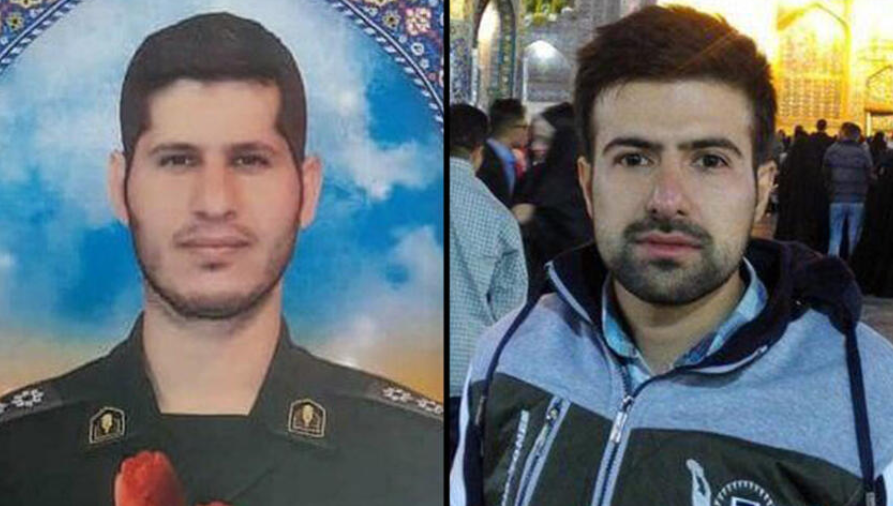
On 15 May, the registration of presidential candidates was closed. Hundreds of individuals signed up for the highest executive office, but only about 50 are genuine political figures. Up until 26 May, the Guardian Council (GC) will review and vet candidates and then announce a list of those who will compete.
On 17 May, GC spokesperson Abbasali Kadkhodaei stated that only about 40 candidates had submitted registration documents that met the standards the council introduced in April.
Some leading figures who have signed up, such as former president Mahmoud Ahmadinejad, are likely to be rejected because they do not fit in the current political landscape. Nevertheless, political considerations such as the desire to increase voter turnout may compel the top leadership to insist that such figures remain.
In line with that desire are signs that the GC may approve a woman candidate for the first time in the history of the Islamic Republic. Though the final list will be made known only later this month, the leading personalities running for president are as follows.
Ebrahim Raissi
The current head of the judiciary and a conservative cleric, Ebrahim Raissi was the main rival to President Hassan Rohani’s re-election bid in 2017, managing to garner 38% of the vote. He has very close ties to arch-conservative clerics and is the son-in-law of Mashhad’s hard-line Friday prayer leader, Alam-ol-Hoda.
Before becoming judiciary head, he was the chief custodian of the wealthy religious foundation Astan-e Qods Razavi, which manages the conglomerates affiliated with the Imam Reza Shrine in Mashhad.
He is one of the main contenders and has a good chance of winning if voter turnout is low. One important consideration is that if he wins, Raissi would become the most likely successor to Ayatollah Ali Khamenei as Supreme Leader.
Ali Larijani
Former speaker of the Majles (2008–2020) and head of the Supreme National Security Council (SNSC) from 2005 to 2007, Ali Larijani is the current special envoy on Iran–China relations.
He belongs to an influential family. His father was a respected cleric and three of his brothers have been in senior positions. His younger brother, Sadegh Larijani, was head of the judiciary from 2009 to 2019.
Ali Larijani has the confidence of Ayatollah Khamenei, who has appointed him to a number of positions over the years, such as head of the state broadcasting company, SNSC secretary, and his current post.
He is considered a mainstream conservative, but in the past few years he has moved closer to the moderate forces around President Rohani. As such, it is likely that moderate candidates will coalesce around him in an attempt to beat Raissi. When he registered as a candidate, Larijani positioned himself as a centrist, stating that the country should not be ruled by extreme positions at either end of the political spectrum.
Larijani could win if he includes some popular names on his proposed list of ministers. For example, announcing that he would maintain Mohammad Javad Zarif as his foreign minister and Azari Jahromi as his minister for information and communication technology would garner him considerable support.
Eshagh Jahangiri
The current vice president, Eshagh Jahangiri, has been in senior positions since 1997, when he was appointed minister of industries by former reformist president Mohammad Khatami.
He is considered the leading reformist candidate, but he has lost a lot of credibility as voters blame him for mismanaging the economy over the past eight years. It is likely that Jahangiri will try to form a coalition with other strong candidates (such as Ali Larijani) in order to gain a senior role in the next government.
Mohsen Hashemi
The current head of the Tehran City Council and eldest son of former president Hashemi Rafsanjani, Mohsen Hashemi is considered a mainstream conservative. He was formerly the deputy director of Islamic Azad University (the largest university in the country) and CEO of the Tehran Metro. >>>
This article is taken from and is continued in, the May 2021 issue of Iran Strategic Focus
Meanwhile, on 30 June we will be hosting a webinar at which our ISF editor, Bijan Khajehpour, will analyse Iran’s post-election future. Full details including registration is available here.
Stop Press
Iran presidential election: Hardliners dominate approved candidates list



